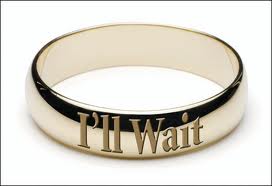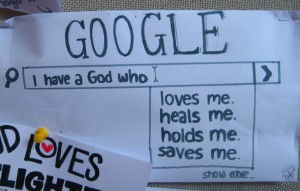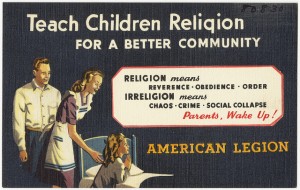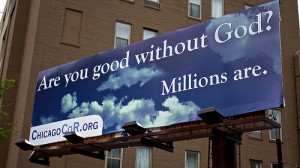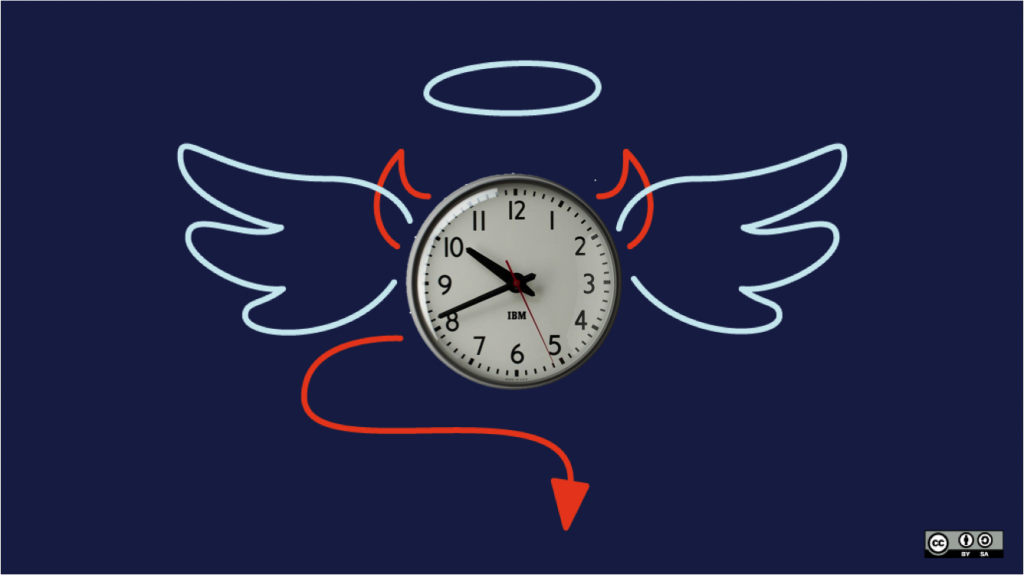
A recent study of spiritual awareness is receiving international attention. Presented at the Annual Meeting of the American Sociological Association (ASA), it finds that one’s spiritual awareness fluctuates throughout the day, affected by music, work, exercise, and even video games all have effects.
Co-author Bradley R.E. Wright told Suffield Times that he was surprised: “There’s a complicated interaction between religious consciousness and the state of affairs. Typically, the state of affairs you’re in impacts your religious consciousness. Different occasions, your religious consciousness impacts the state of affairs you are in.”
PsychCentral and IBC World News have also featured the study.


